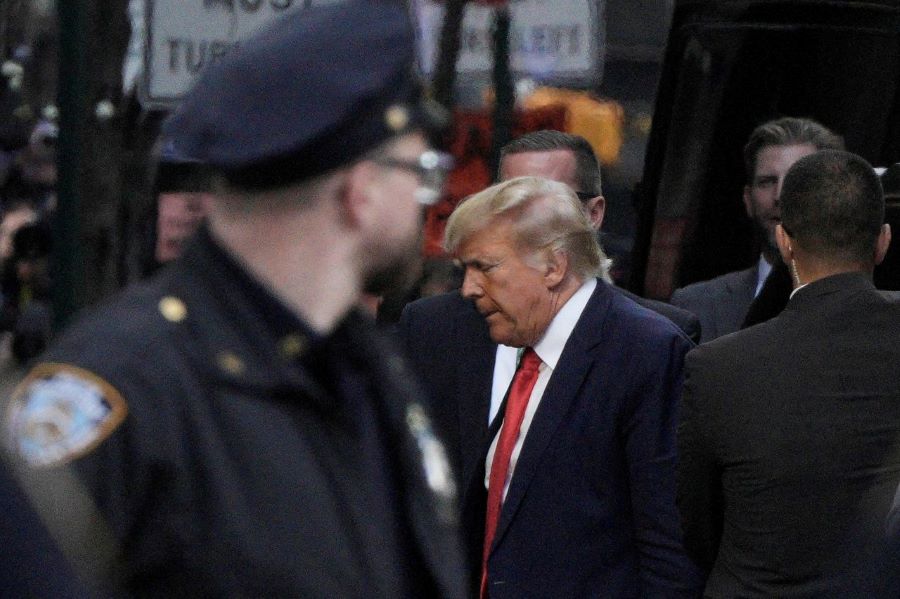President Donald Trump’s latest proposal to exempt tips from taxation has sparked considerable debate and concern over its potential impact on the federal budget deficit. According to a recent analysis by the nonpartisan Committee for a Responsible Federal Budget (CRFB), the measure could increase the deficit. Estimates range from $150 billion to $250 billion over the next decade. This projection has raised eyebrows among fiscal policy experts and lawmakers alike. It is particularly concerning given the already substantial projected revenue loss from other tax cuts set to expire next year.
Implications and Criticisms
The CRFB’s estimate suggests that the fiscal implications of exempting tips from taxes could rival, if not exceed, the anticipated $172 billion revenue reduction. This reduction stems from extending tax cuts for small businesses and pass-through entities. Critics argue that such a move could strain federal finances. Concerns over mounting national debt are already high at this time.
Trump introduced the idea during a campaign rally in Nevada, a pivotal swing state known for its large contingent of workers in the food service and hospitality industries, who heavily rely on tips for income. This demographic appeal underscores Trump’s strategy to court younger voters ahead of the upcoming elections.

Trump Appeal to Union Voters: A Complex Landscape
Donald Trump, his predecessor, also made significant efforts to court the support of the working class during his tenure…
Potential Cost Overruns and Fiscal Challenges
Despite Trump’s efforts to frame the proposal as a boon for workers, the CRFB has cautioned. They warn that the actual cost could spiral further. Businesses and employees might respond by shifting more compensation from wages to untaxed tips. A modest 10% increase in tip income, for instance, could escalate the cost to an estimated $275 billion. Moreover, a scenario where employers offset higher tips with reduced wages could potentially double the federal revenue loss. This could amount to a staggering $500 billion over the next decade.
Broader Fiscal Policy Debates
The substantial financial implications of Trump’s proposal have added fuel to ongoing debates within the Republican Party over fiscal responsibility and economic policy. With Trump advocating for the extension of individual tax cuts and estate tax cuts enacted in 2017. Which are projected to cost approximately $4.6 trillion over the next ten years, there is growing concern. Questions arise about the sustainability of these tax measures without corresponding cuts in federal spending or other revenue-raising measures.
Republican Divisions and Future Prospects
The proposal comes amidst internal divisions among Republicans on how best to address fiscal challenges. Some, like House Speaker Mike Johnson, advocate for significant spending cuts early in a potential new Trump administration to curb the national debt growth. Others, including House Budget Committee Chairman Jodey Arrington, emphasize the need for a balanced approach. They advocate considering both revenue enhancements and expenditure reductions.
As the debate intensifies, the fiscal impact of Trump’s proposed tip tax exemption is likely to remain a focal point of discussion. It will shape the broader economic policy landscape leading up to the elections and beyond.
Get a 2-Year Wall Street Journal Print Subscription with daily delivery six days a week, plus access to The WSJ digital edition on iPhone, Android, and PC. Stay closely connected to finance, politics, medicine, and global news. Take advantage of this exclusive online offer with a generous 70% discount. Subscribe now!

